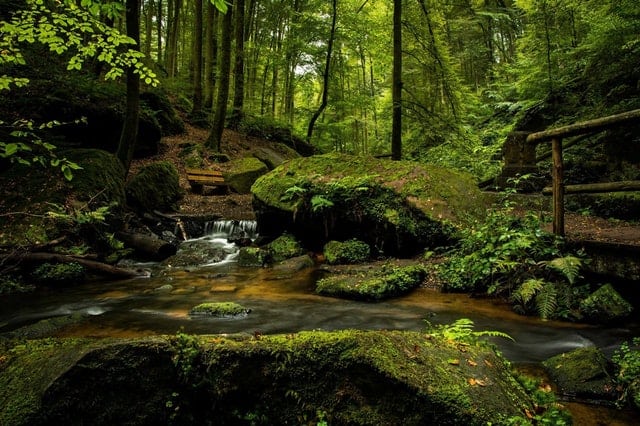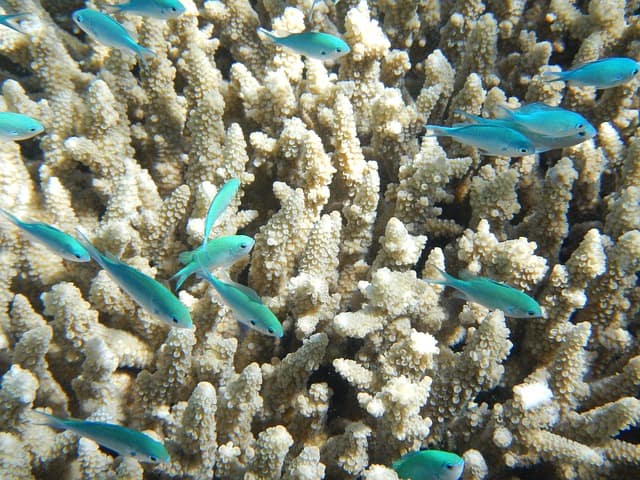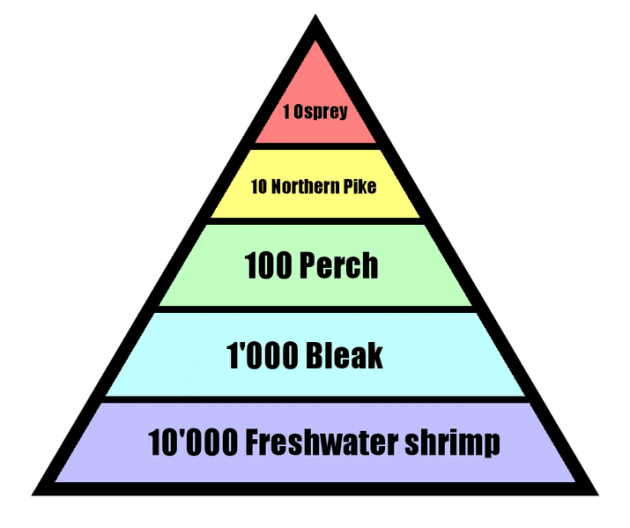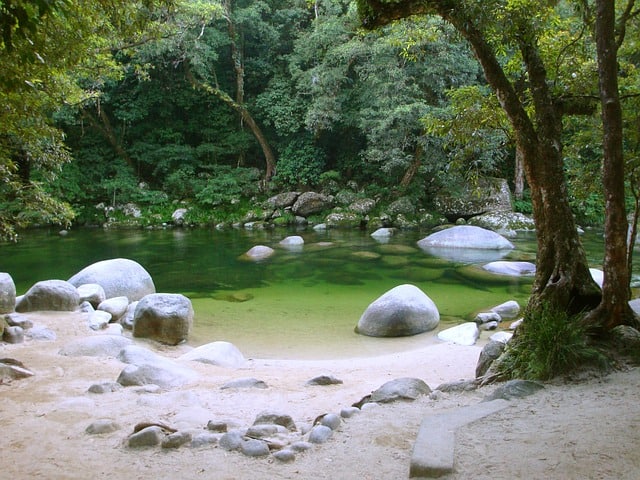6 Tips For Sustainable Fishing
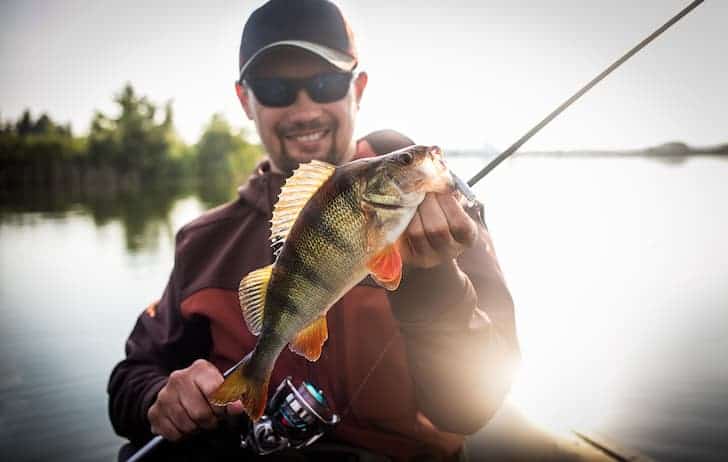
Fishing is a relaxing outdoor activity. People do it to spend time in scenic locations where the sound of crashing waves can calm them. There are also feelings of accomplishment and empowerment every time they get a big catch. You can continuously learn new fishing skills, practice patience, and just feel plain fun when you go fishing.
While some people like the rush of catching something, they’re equally passionate about safeguarding such wildlife. As paradoxical as it may appear, it makes perfect sense. While pollution, habitat degradation, commercial overfishing, and other challenges all have the potential to jeopardize the aquatic environment.
The good news is that a passion for fishing and understanding the environment can coexist. If you enjoy fishing for recreational purposes, you can help conserve fish, other aquatic species, and the marine environment by fishing responsibly!
What is Sustainable Fishing?
Countless kinds of fish and invertebrates live in aquatic habitats, the majority of which are consumed as food. However, the rising global demand for seafood, combined with technological advancements, has resulted in fishing practices that are endangering fish and shellfish populations.
Because of this, it was necessary to implement environmentally friendly fishing methods to keep the oceans as a vital food source for humans.
Sustainable fishing preserves many fish and other marines while safeguarding habitats and endangered animals. By protecting the oceans, individuals who rely on fishing will be able to continue their livelihoods.
Sustainably fishing can be accomplished through a variety of methods, including spearfishing, cat-net fishing, fly fishing, and aquaculture. Governments and independent agencies can also fish sustainably by enforcing adequate regulations to prevent overfishing.
Apart from that, there are numerous online guides dedicated to assisting recreational fishers in catching specific fish sustainably, such as the Fishing Outcast and many others. Indeed, it’s not possible to fish while preserving the ocean’s population.
Helpful Tips In Fishing Sustainably
From practicing catch and release techniques to being conscious about the amount of carbon released into the air, learning how to fish sustainably is quite simple. For your guidance, see the six sustainable fishing tips:
1. Know Your Marine Protected Areas
There are parts of the ocean where you can and can’t fish. Knowing which is which will not just help you avoid paying a fine but also give the marine habitats a chance to thrive. It’s because most protected areas have bountiful fisheries and beautiful coastlines that need to be preserved.
2. Learn Catch And Release Techniques
When your reason for fishing is to provide food for your family, make sure you only take what you need to feed everybody. To do so, learn to release your catch. This technique is to increase the marine animal’s chance of survival.
3Putting them back into the ocean gives them more opportunity to live, breed, and reproduce full-bodied offspring.
3. Practice Carbon-Conscious Fishing
Do you often fish on a boat and are worried about the effects it may bring to the air? If so, there’s a way to reduce the amount of carbon your fishing boat puts into the atmosphere.
To start, change your propellers for new steel, stainless ones; this will help minimize drag. Also, put in an electric fuel meter to help you strictly monitor your boat’s consumption of fuel and determine the most energy-efficient boating speed. Then, ask your manufacturers for the engine’s suggested schedule for maintenance.
Finally, be knowledgeable on how to ease up on the throttle. In addition, if you’re apathetic to carbon, you may try surfboard fishing as it only needs human force to be put in motion.
4. Make Use of Lead-Free Tackle
Lead is poisonous to the majority of living things. And the issue is that it’s still used in the majority of fishing hooks and fishing lines.
When fish or other animals are exposed to lead, a variety of problems can occur, including muscle and brain deterioration and destruction, immobility, growth retardation, and reproductive disorders. The good news is that you can and should obtain lead-free fishing tackle from reputable retailers.
5. Clean As You Leave
People tend to leave a variety of trash around coasts and in the sea; this creates problems. Any waste in the water can entangle boat propellers, causing engine damage, while trash such as cigarette filters and supermarket bags appear to animals as food. Such debris could cause asphyxia or starvation when consumed.
The objective is to be meticulous about bagging all of your trash and carrying it home with you; this can be called responsible fishing. If you’re truly committed to environmental protection, you should be willing to recycle or compost it at home. Aside from that, you can also pick up someone else’s rubbish.
6. When You Take Your Catch Home, Use Every Part of It
It’s a great achievement to have a good fish dinner when you catch it yourself. However, chances are you didn’t consume the entire fish. Don’t discard the leftovers. Make compost out of the fish remains and other organic materials like sawdust or peat moss and dried leaves or twigs.
In a pile, the microorganisms will consume the garbage and transform it over several months to a rich soil ideal for plant growth.
Final Thoughts
Commercial fishing practices have resulted in habitat destruction and put aquatic life at risk. On the plus side, sustainable fishing practices can help to protect fish, other aquatic animals, and the marine environment.
With such an environmentally friendly method of catching fish, people can contribute to preserving the ocean’s population while also assisting fishers in maintaining a livelihood. Therefore, the next time you go fishing, keep the above tips in mind and help save the environment.

